Category: World
-
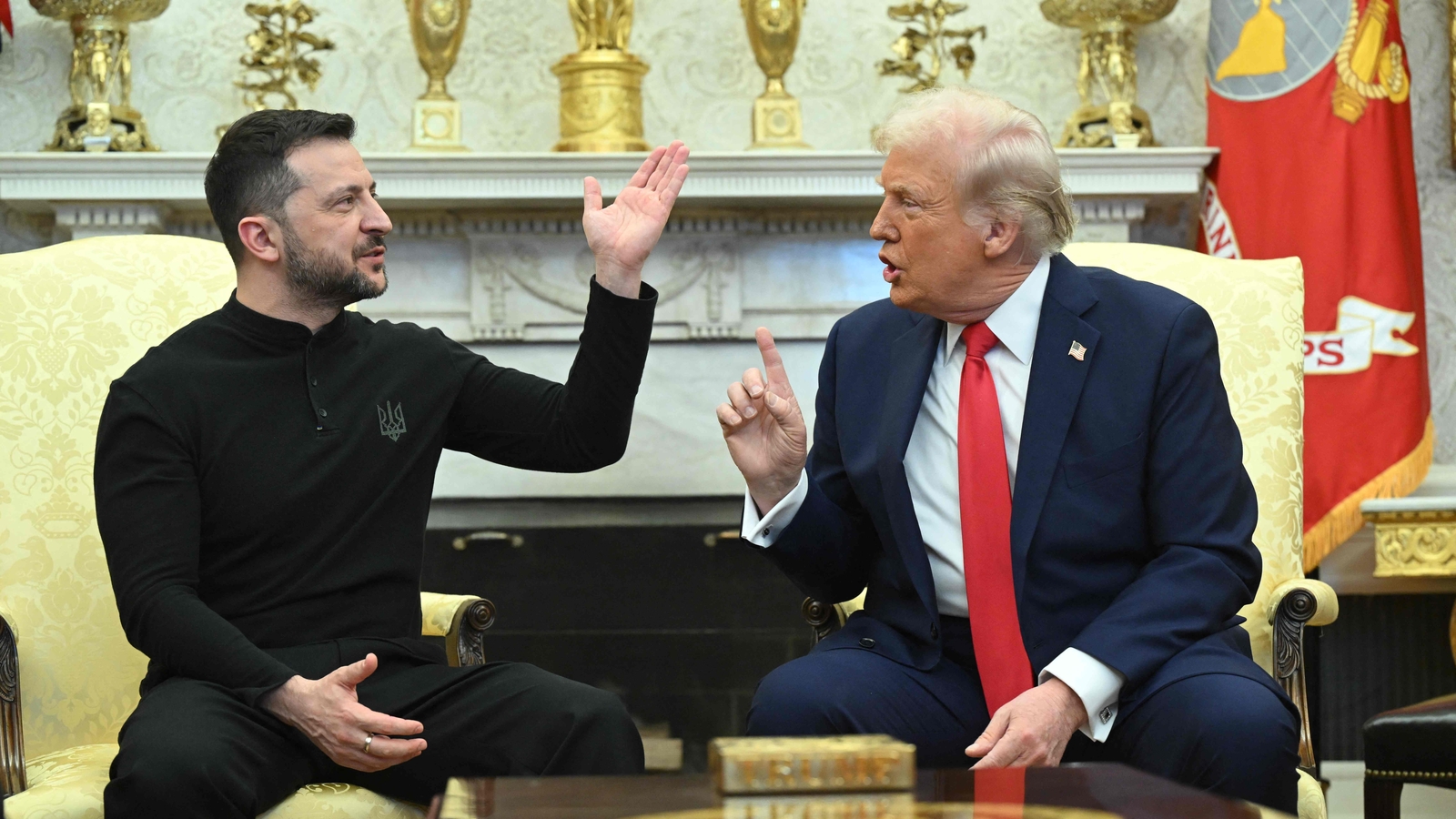
Zelensky able to salvage relations, meet Trump once more: ‘To unravel actual issues’
Ukrainian President Volodymyr Zelensky on Sunday stated that he believed he may salvage the nation’s relationship with the US after an explosive assembly with President Donald Trump within the Oval Workplace. Ukraine’s Zelensky stated he believed the nation’s relationship with the US may very well be salvaged(Saul Loeb/ AFP) Zelensky additionally stated he “will arrive”…
-

Pope Francis’ situation stays ‘secure,’ Vatican says
ROME and LONDON — Pope Francis’ scientific situation stays “secure” on Sunday, the Vatican mentioned, because the pontiff continues to be hospitalized for the seventeenth consecutive day. “The Pope doesn’t require non-invasive mechanical air flow, however solely high-flow oxygen remedy,” the Vatican press workplace mentioned Sunday afternoon in a press release, including that Pope Francis…
-
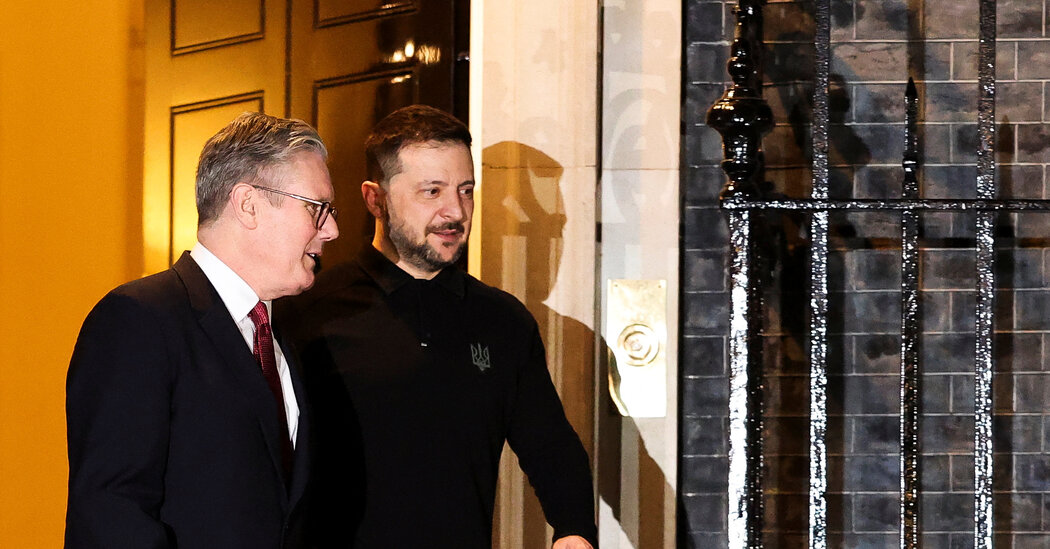
Europe Races to Restore a Break up Between the U.S. and Ukraine
European leaders scrambled on Sunday to salvage Ukraine’s relationship with america, after a bitter rupture final week between President Volodymyr Zelensky and President Trump. They pledged to assemble a European “coalition of the prepared” to develop a plan for ending Ukraine’s conflict with Russia, which they hope may win the backing of a skeptical Mr.…
-
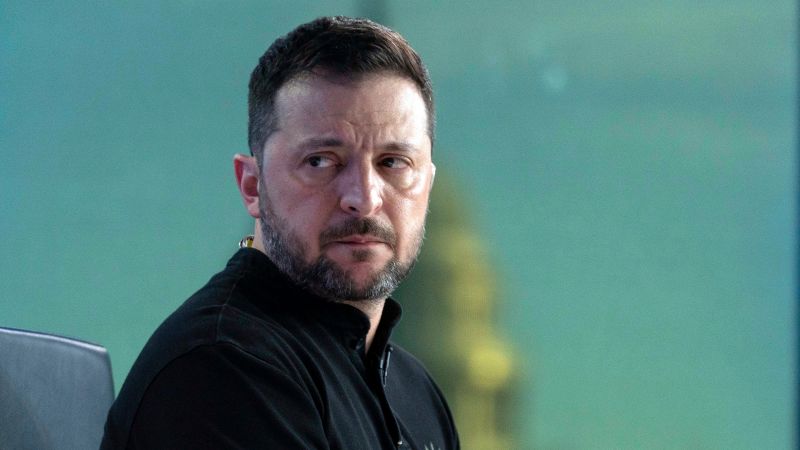
Zelensky to satisfy King Charles and European leaders in UK after nightmare Trump assembly | CNN
London CNN — Ukrainian President Volodymyr Zelensky will meet European leaders at a significant summit in London on Sunday, after his extraordinary argument with US President Donald Trump within the Oval Workplace left Western allies reeling and threw the way forward for the Russia-Ukraine battle into deep uncertainty. King Charles has additionally accepted an invite…
-
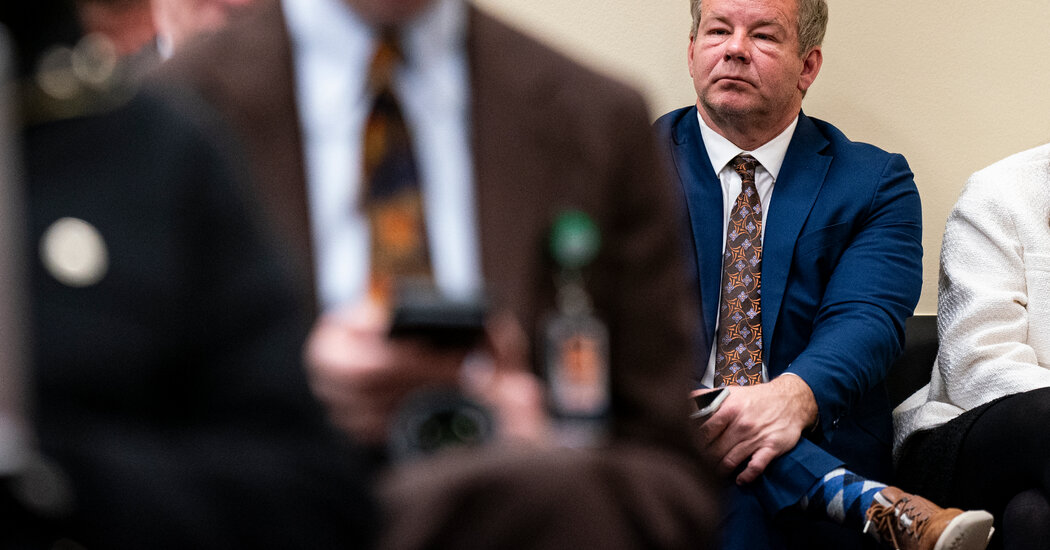
‘Why Don’t You Put on a Swimsuit?’: A Proper-Wing Information Outlet With Coveted Entry Questions Zelensky
A voice from the press part joined the refrain of individuals demanding solutions from President Volodymyr Zelensky of Ukraine on Friday, throughout a gathering with President Trump and his associates. “Why don’t you put on a go well with?” a person requested Mr. Zelensky. “You’re on the highest stage on this nation’s workplace, and also…
-
Rubio says Zelenskyy ought to apologize after argument with Trump and Vance in Oval Workplace
Trump says Zelenskyy is ‘not prepared for peace’ after Oval conflict President Donald Trump stated President Zelenskyy just isn’t prepared for peace if America is concerned.” Zelenskyy says in any other case. Secretary of State Marco Rubio stated Friday night that Ukrainian President Volodymyr Zelenskyy ought to apologize for a heated trade within the Oval…
-
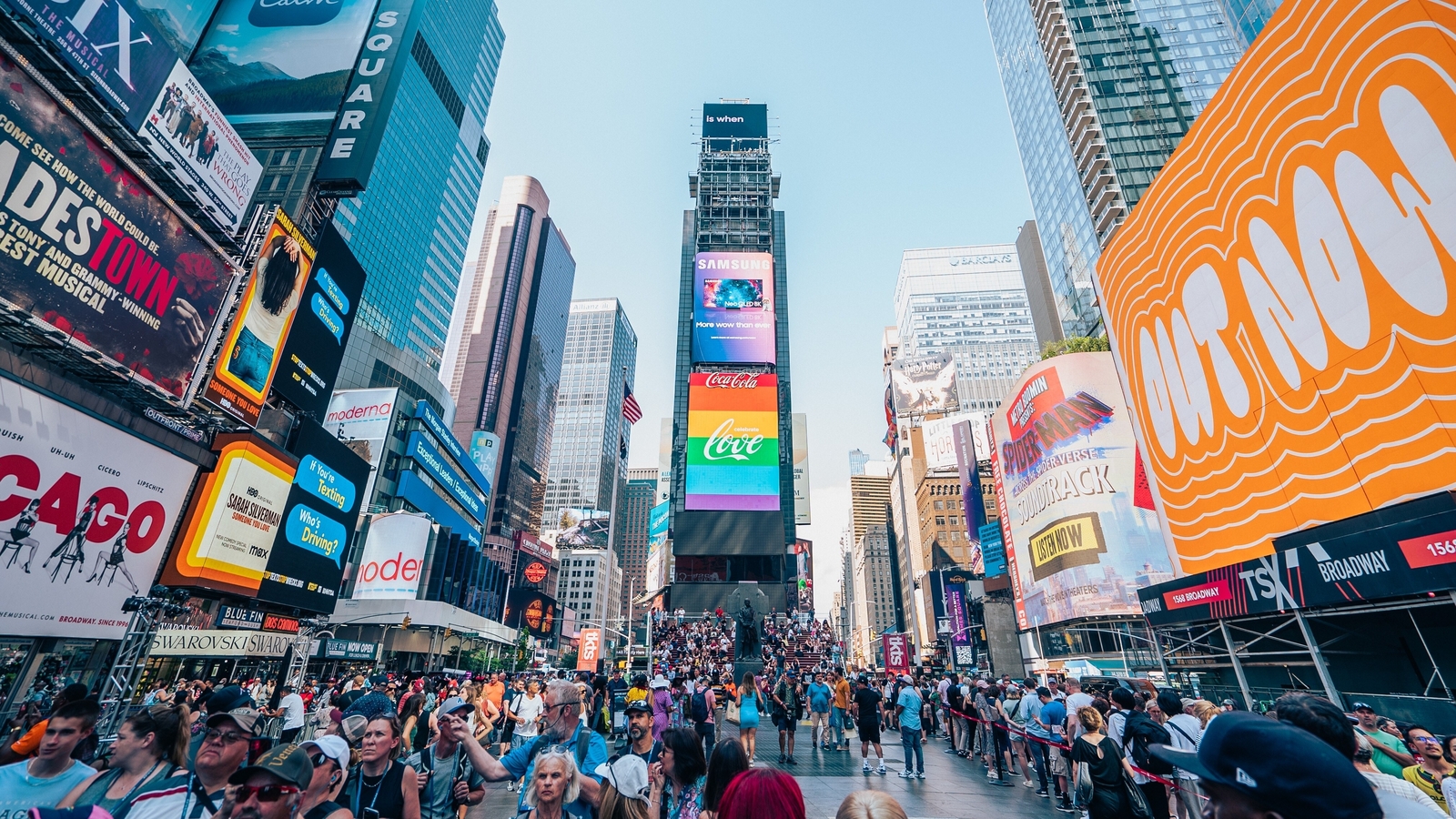
Namibia bids farewell to founding father Nujoma
1000’s of Namibians and dignitaries gathered Saturday to mourn the nation’s independence chief, Sam Nujoma, as practically a month of homage climaxed with a state funeral. Namibia bids farewell to founding father Nujoma Nujoma, the guerrilla chief who gained independence for the desert nation from apartheid South Africa, died on February 9, aged 95. His…
-
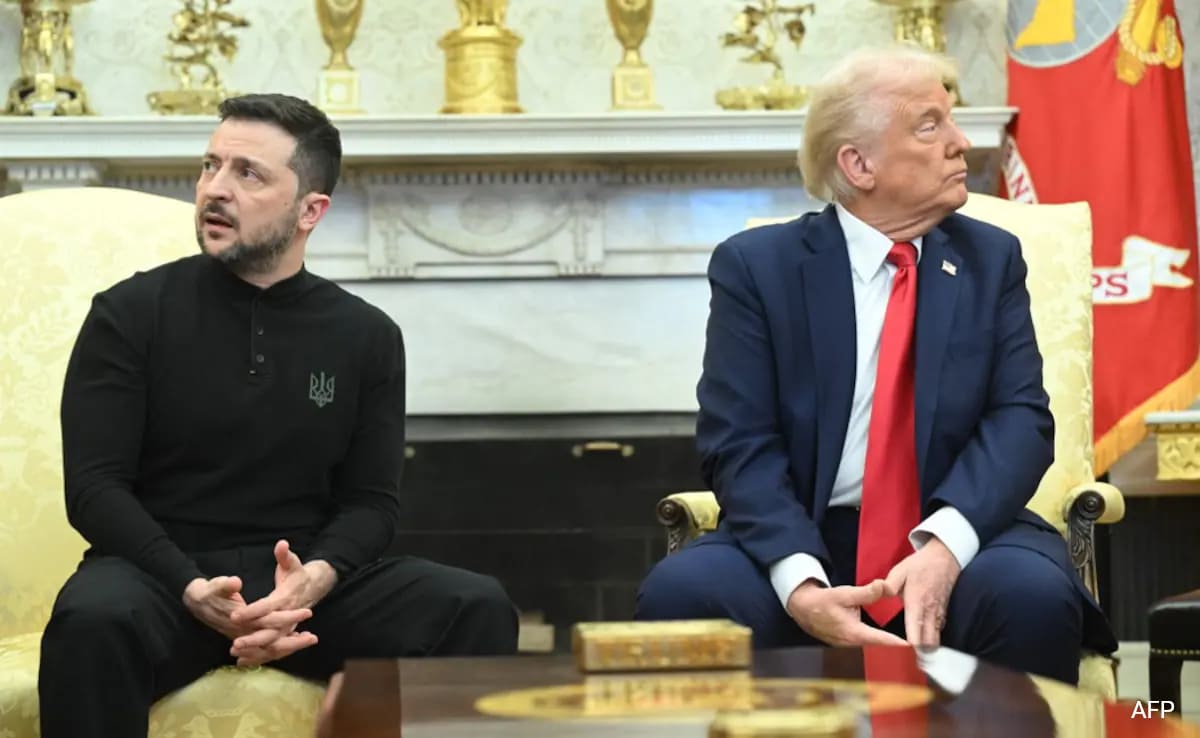
“Flew To Washington, Walked Into Kremlin”: A Clash That Shook The World
New Delhi: The White House meeting between US President Donald Trump, Vice President JD Vance, and Ukrainian President Volodymyr Zelensky on Friday was supposed to focus on minerals-sharing agreements and US support for Ukraine’s war against Russia. Instead, it erupted into an extraordinary confrontation that shocked the world. In front of the world’s media, Trump…
-
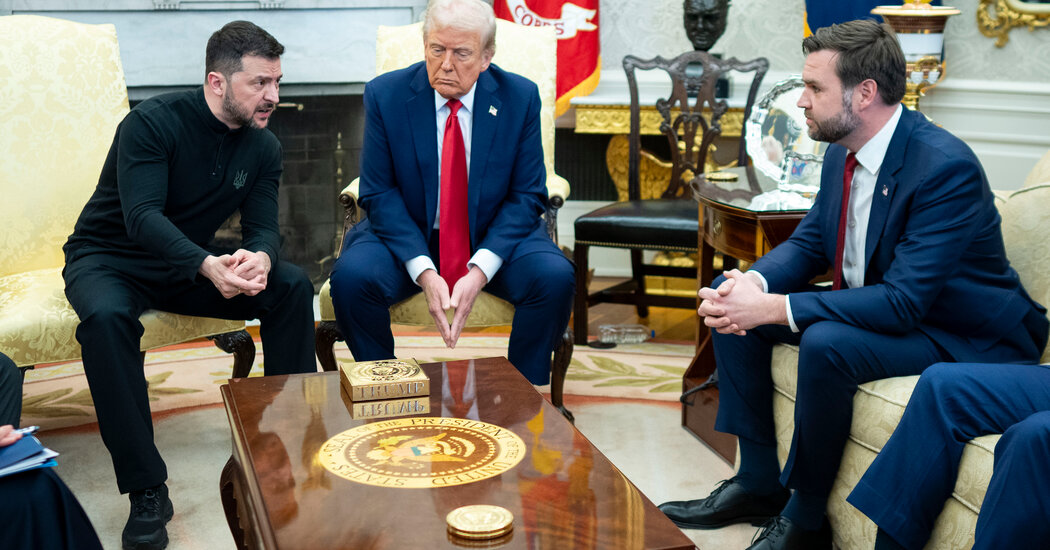
Zelensky, Seeking a Diplomatic Victory With Trump, Leaves With a Debacle
It was meant to be a moment of triumph for President Volodymyr Zelensky of Ukraine, a chance after weeks of maneuvering for an Oval Office meeting to demonstrate American backing in Europe’s bloodiest war in generations. Instead, the meeting unraveled into insults. Mr. Zelensky, who had stayed in his country to fight against a Russian…